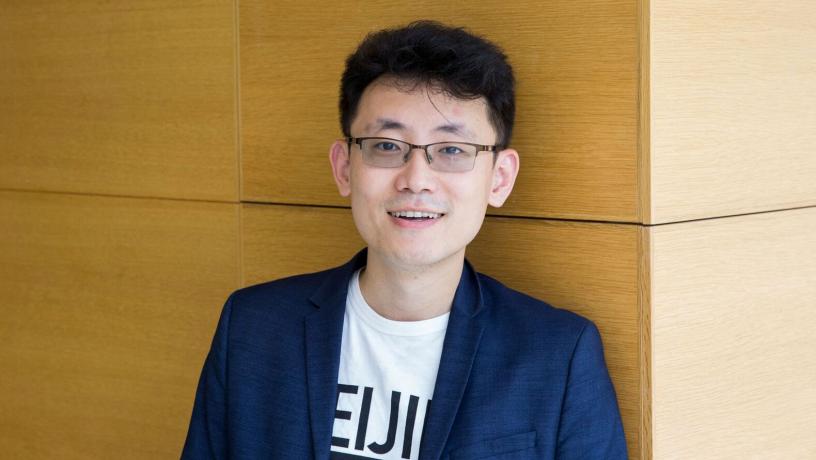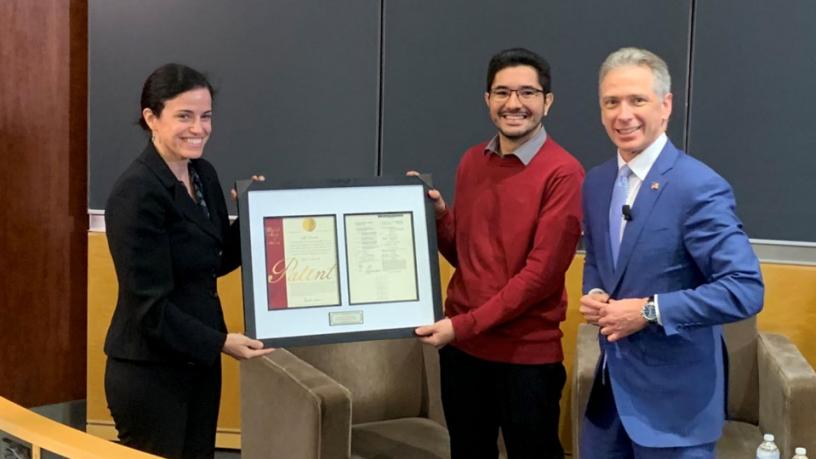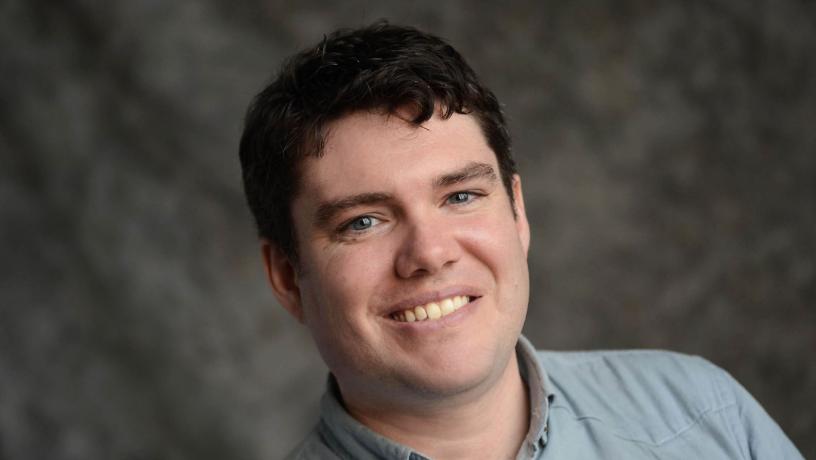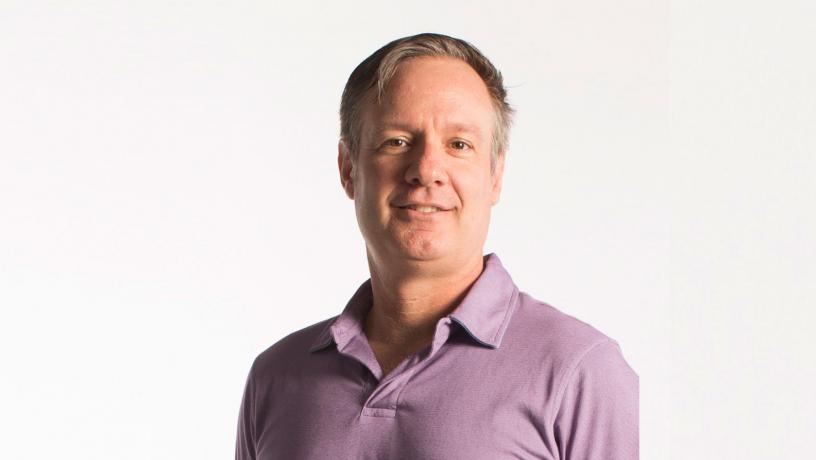Milestones: February 8, 2019
Recent awards, recognitions, and accomplishments from our students and faculty
Gu Wins Grant for Blockchain Security
Open source blockchain project Qtum has awarded a $400,000 grant to a team led by Assistant Professor of Computer Science Ronghui Gu to fund development of a new programming language framework for improving the reliability and security of Qtum-style smart contracts/decentralized applications (dApps). This award supports the integration of a language, called “DeepSEA,” with Qtum blockchain platform, in order to tackle an “inherent conflict” in the dApps programming. Today's mainstream smart dApps are still written in low-level languages like Solidity. There seems to be an inherent conflict between high-level formal reasoning and low-level dApps programming: the former relies on a rich theory at a high abstraction level while the latter must manipulate and manage low-level effects and hardware resources. The researchers also aim to develop a DeepSEA “toolchain,” which could subsequently be applied to “verify the correctness of Qtum-style dApps.” This approach has the potential to help solve many of the issues with key components in critical infrastructure for dApps, thereby making them more “reliable, dependable, and ultimately - adoptable.”


Konofagu Presented with Ultrasound Patent
Elisa Konofagou, Robert and Margaret Hariri Professor of Biomedical Engineering and Radiology (Physics), and Hermes Kamimura, her post-doctoral research scientist, were presented with a recently awarded patent by Andrei Iancu, director of the US Patent and Trademark Office and Undersecretary of Commerce. The presentation was part of a talk given by Iancu on November 29 on intellectual property, patent law, startups, and recent changes. A large audience of students, faculty, and the public attended the event, which was cohosted by Columbia Technology Ventures and the schools of engineering, law, business, and international and public affairs. Konofagou designs and develops ultrasound-based technologies for automated estimation of tissue mechanics as well as drug delivery and therapeutics; her latest patent is for for non-invasive brain simulation using ultrasound.

Mandli Speaks at Congressional Briefing
Kyle Mandli, assistant professor of applied physics and applied mathematics and an expert on storm surge, was a panelist at a congressional briefing on November 14 to highlight new research into the interaction of the ocean, atmosphere, and land at the coastline. He joined leading experts at the event, which was sponsored by the University Corporation for Atmospheric Research (UCAR), a nonprofit consortium of 117 colleges and universities focused on research and training in the atmospheric and related sciences. Mandli discussed his work on computer modeling that can help alert local officials and residents to flood threats in vulnerable areas, and pinpoint risks down to specific neighborhoods and streets. "Research has been instrumental in our ability to understand these increased risks and continues to push the frontiers of the accuracy of these predictions," Mandli said. "The science has advanced to the point where we can make better decisions for the economy and national security."

Sajda Awarded NSF Grant for Human-Machine Interaction
Paul Sajda, professor of biomedical engineering, electrical engineering, and radiology (physics), and his Laboratory for Intelligent Imaging and Neural Computing have won a three-year $498,785 grant from the National Science Foundation to optimize human-machine performance via neurofeedback and adaptive autonomy. Understanding how smart machines and humans should best interact and communicate is critical as our society is being fundamentally transformed by increased interaction between humans and autonomous AI systems. Sajda’s project addresses a fundamental question related to the interactions between humans and smart machines: How can we communicate the cognitive and physiological state of a human who is co-operating with an autonomous AI?
